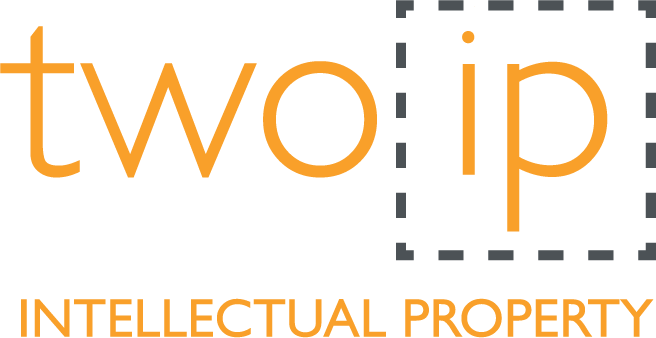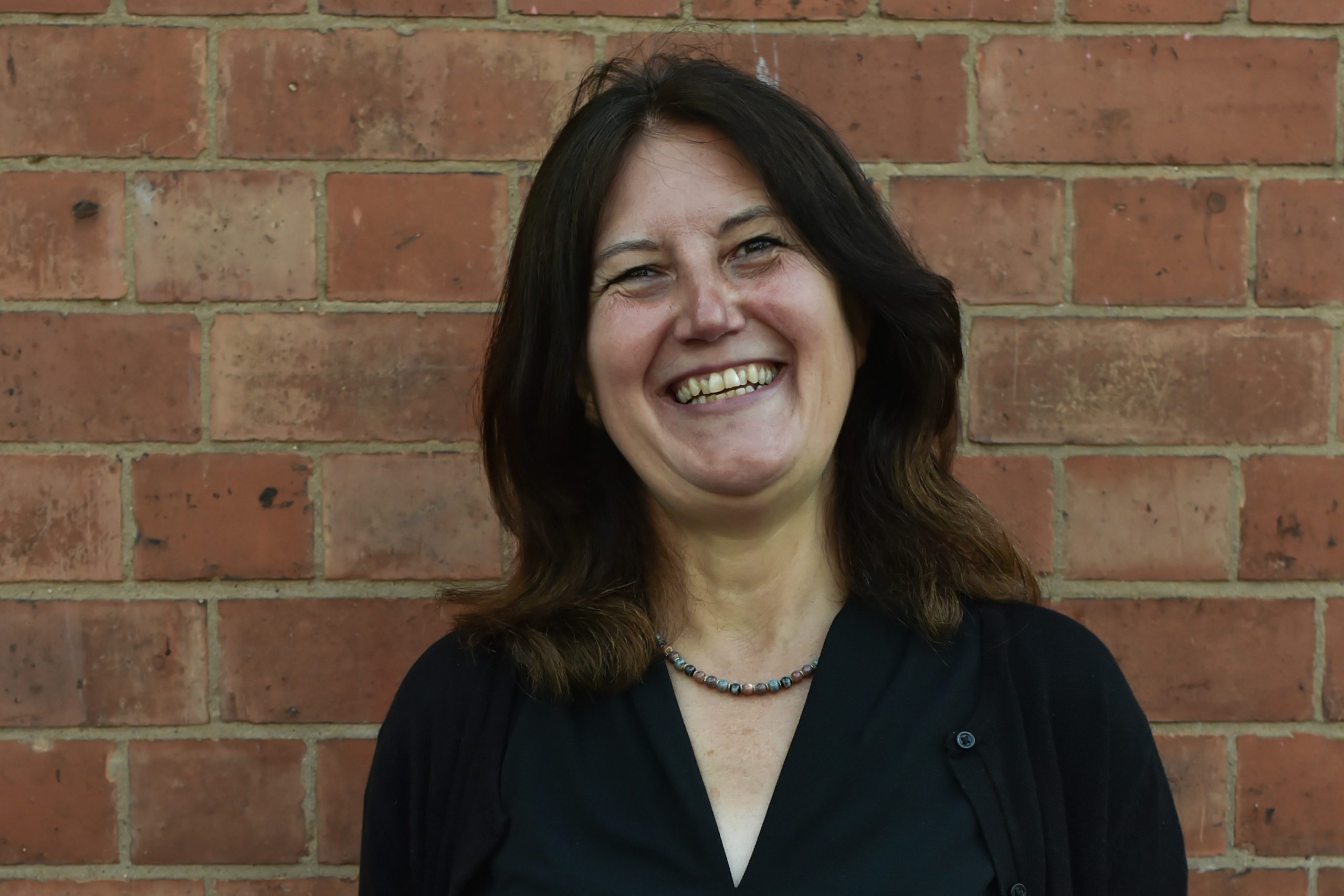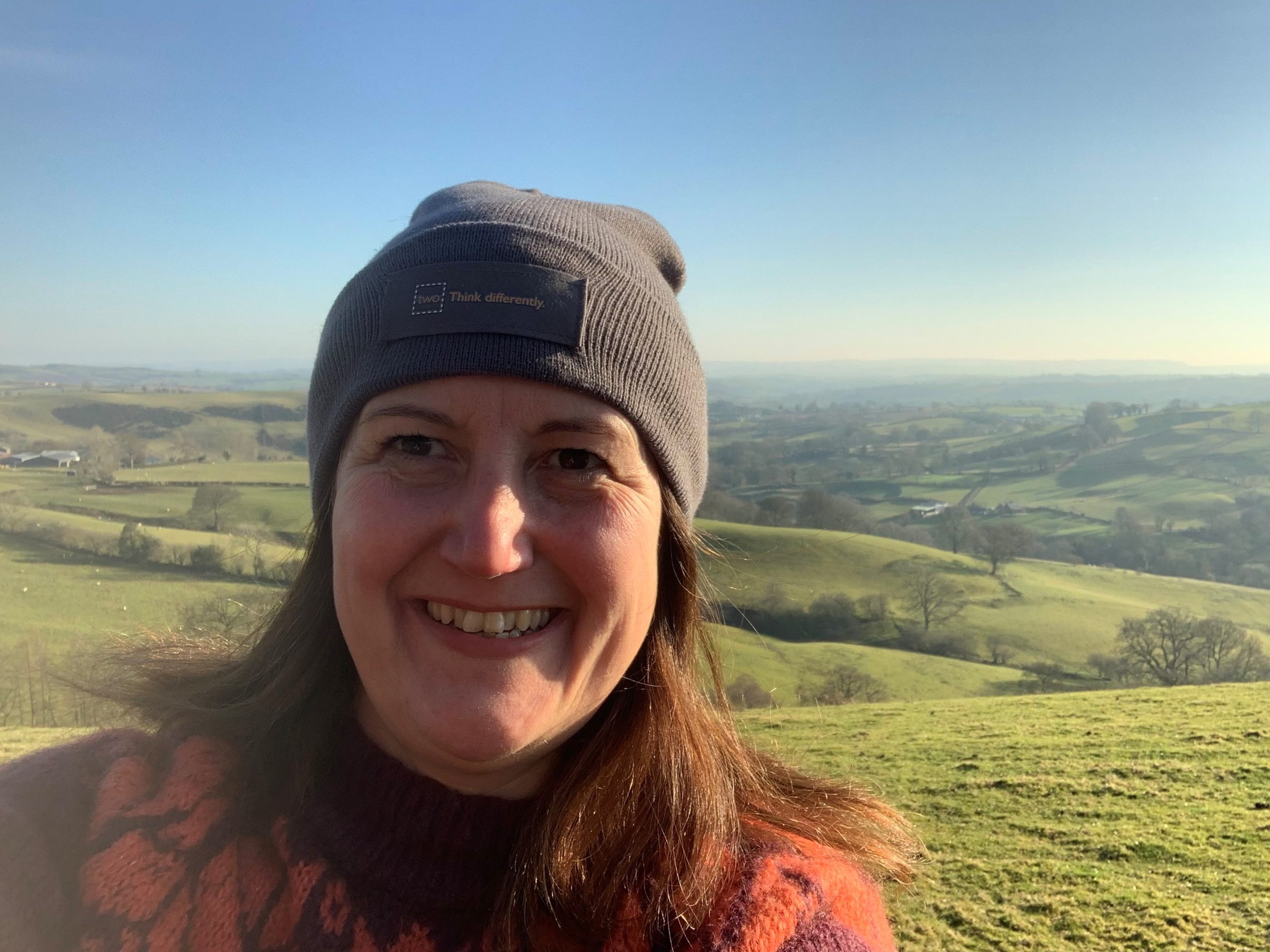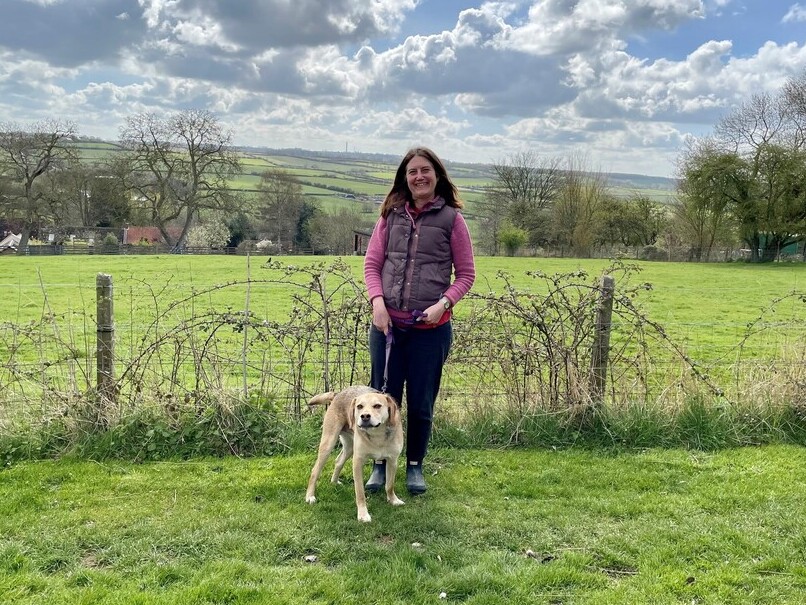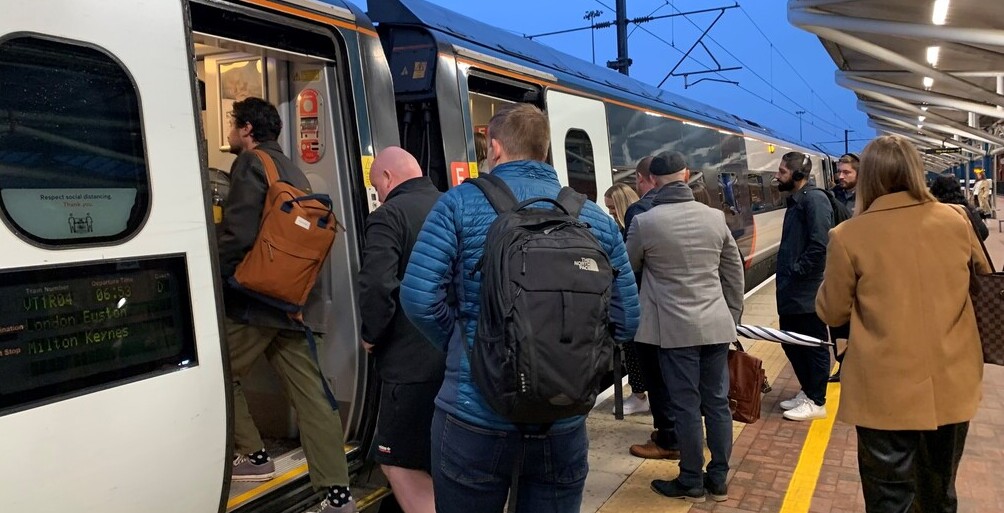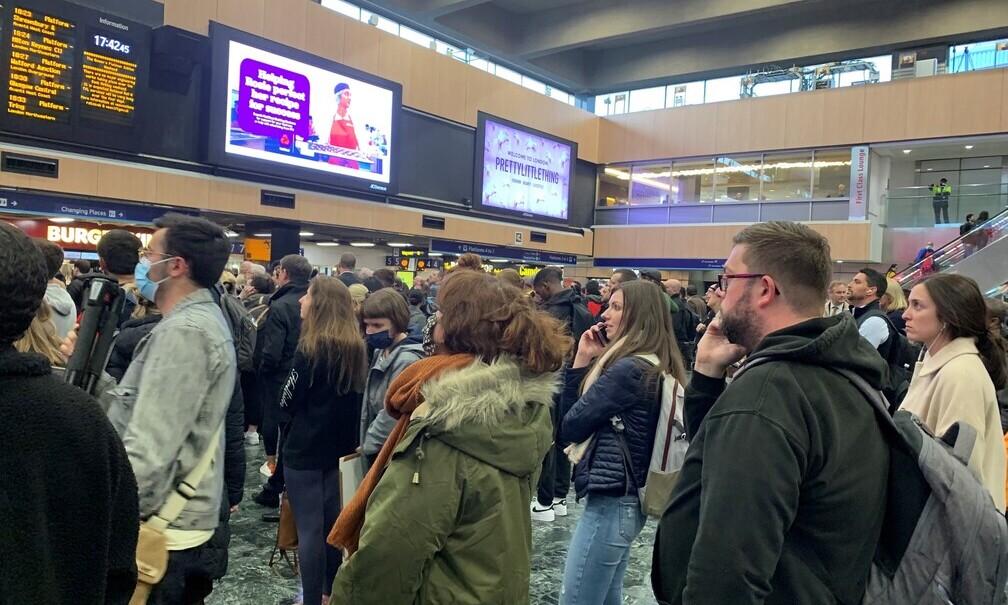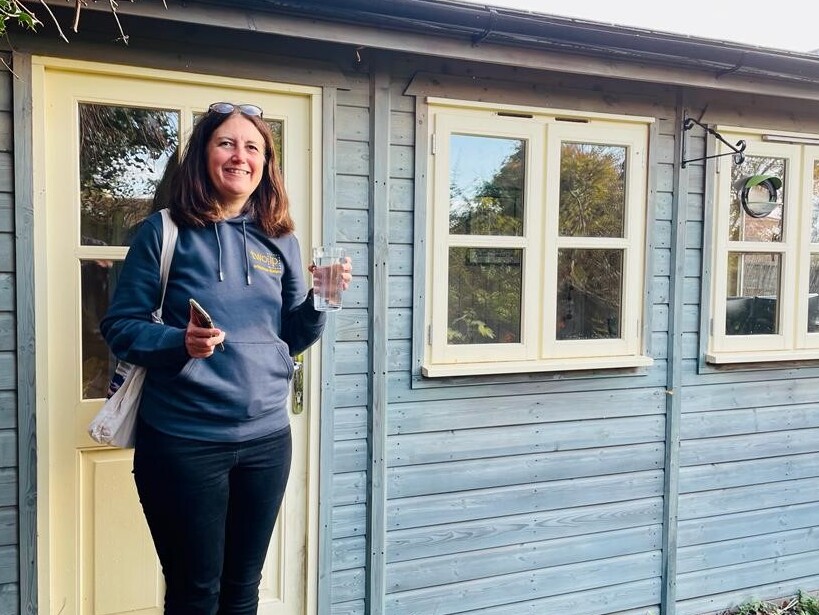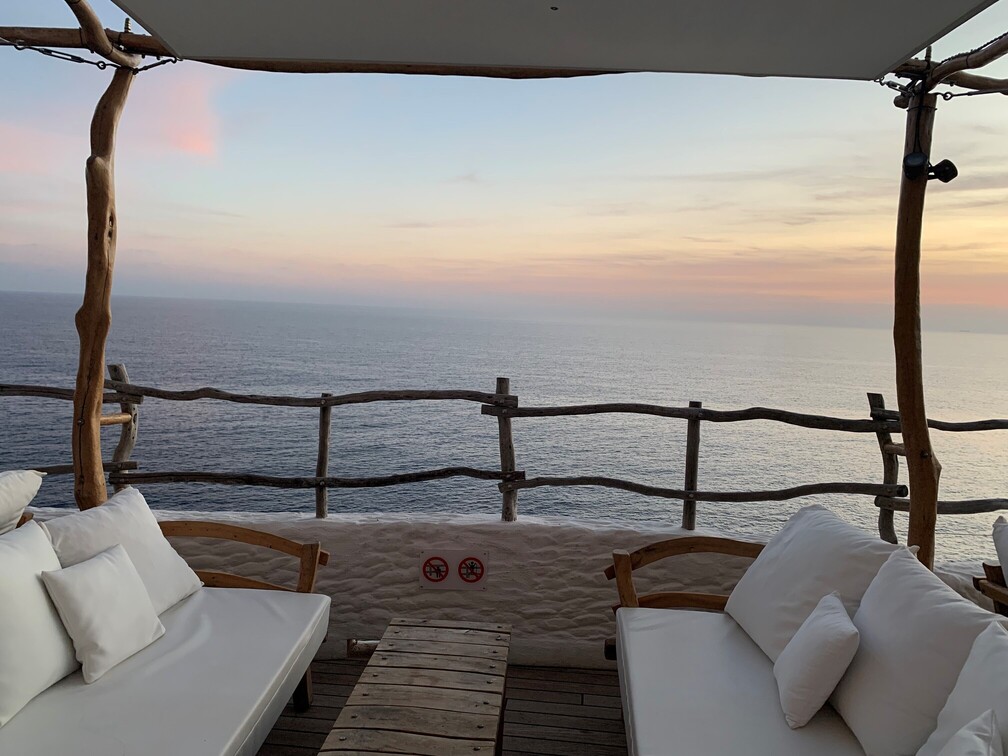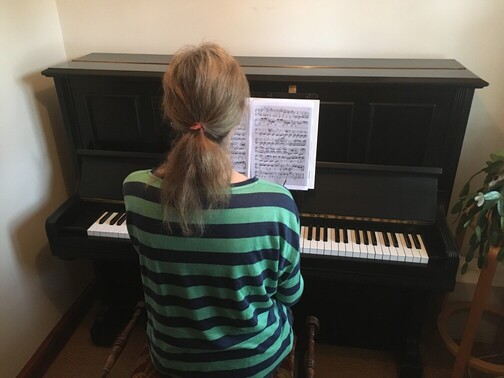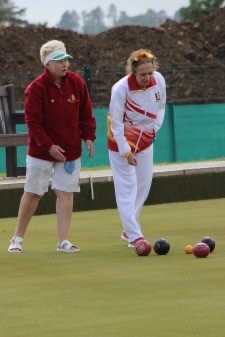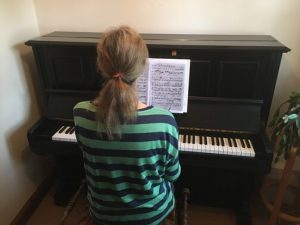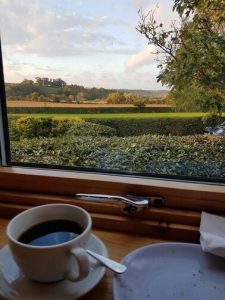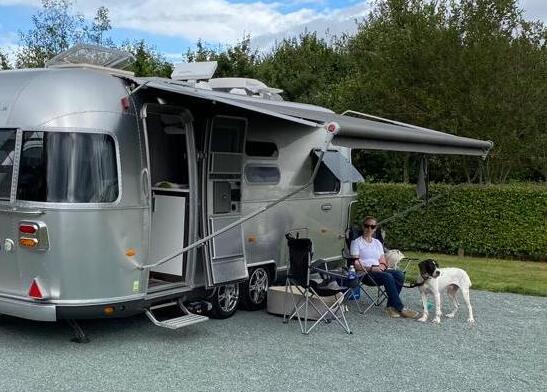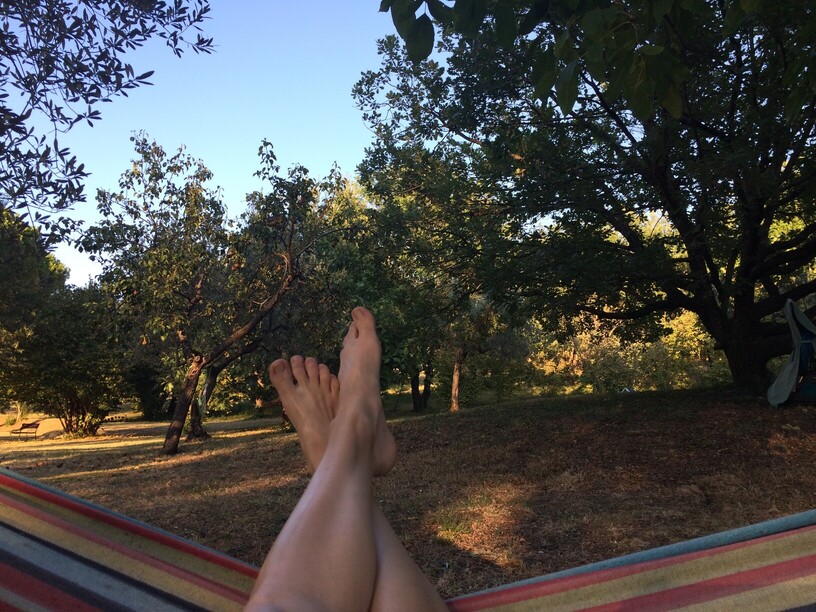Have you ever thought about what you would do if you had more time outside of work? Here Two IP consultant attorney Rachel Havard tells us about how she has been spending some of her spare time recently!
Thanks to support of the lovely folks at Two IP – Patent & Trade Mark Attorneys, I have found myself with more time than ever to commit to my favourite clients, without distractions of management responsibilities, traditional billing targets or commuting, and with energy in abundance for other exciting projects, such as All Roads Lead to Home.
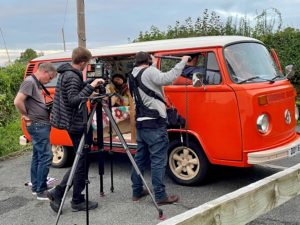
It is my pleasure and privilege to have been involved in production of this micro-budget independent feature film which, due to the amazing vision and drive of its small but mighty cast and crew, looks a million dollars.
“When personal tragedies bring songwriters Amy and Matt together, they embark on a journey of healing, soul-searching and friendship, but where will it lead them? A musical odyssey featuring several original songs and a pulsating music score. A love letter to 80s and 90s music.”
Since moving away from law firm partnership, I have been able to get on with the client work I enjoy most, as well as increasing my involvement as an executive producer of All Roads. I have been a literal sounding board for my husband as he has composed many original songs for the movie, and have loved joining the cast as a supporting artist – in an office scene(!), mum-dancing at a rave, then cheering along with the crowd at one of the best gigs I’ve ever been to!
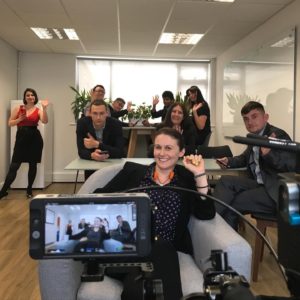
As for the next stage of the journey, All Roads Lead to Home has been selected for screening at the Birmingham Film Festival in November 2023, where it will receive its premiere. Free tickets are available for the premiere screening here.
Not only will the film be screened for the first time but it is also nominated for 3 awards: Best Local Film, Best Feature Film and The Audience Award.
It will be great to see All Roads Lead to Home released into the wild. There’s nothing like it!

If you are an experienced attorney who would like to have the opportunity to spend more time on your hobbies, launching new ventures or more time with your family, then we would love to hear from you. Book a confidential call with one of our directors here or contact us at hello@two-ip.com.
